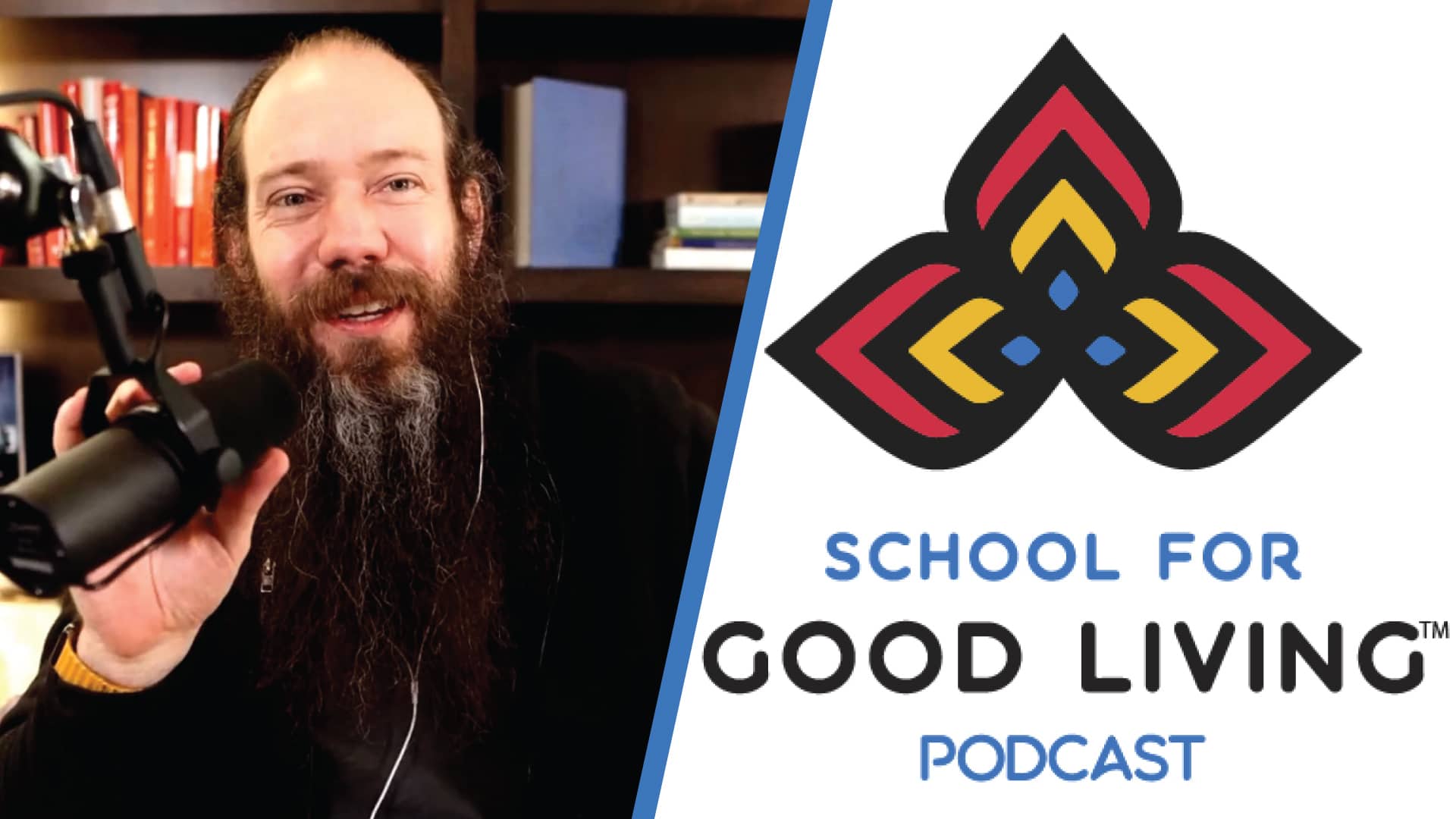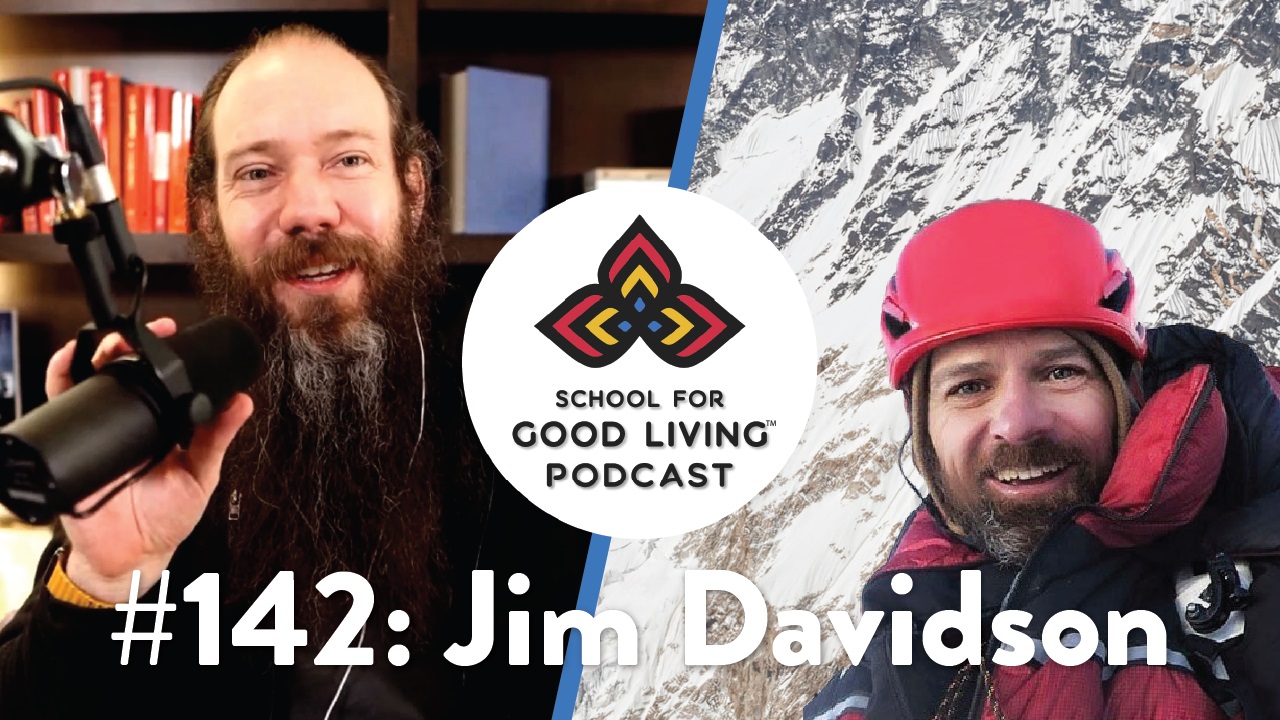Archive
100 words to help you BE A GOOD COACH
Are Your Coaching Conversations Really Just Friendly Chats?
I have many friends, and I love to chat.
But I decided long ago that my coaching conversations would not just be friendly chats.
Friendly chats might be enjoyable, but they don’t produce results. Friendly chats don’t have a point—they are the point.
Coaching conversations, on the other hand, help clients move forward in their lives.
They result in action toward a desired result.
And, in the process, coaching conversations help your clients become greater than they had previously known themselves to be.
When you coach, do you chat or converse?
Use Deadlines To Serve Your Client
Parkinson’s Law asserts that “work expands to fill the time available for its completion.”
Add to that the fact that many people suck at being accountable to themselves.
If your clients didn’t think they needed help, they wouldn’t have hired you.
One of the best ways to serve your clients is by being an accountability partner
There’s no substitute for external accountability
Do this by helping your clients design specific and measurable outcomes, particularly those that include deadlines.
How many dollars—by when? How many pounds—by when
Help your clients exploit Parkinson’s Law.
How To Help Your Clients Fully Vet Any Decision
When faced with a big or difficult decision, it can help to think in extremes – in terms of best- and worst-case scenarios.
It’s often easiest to start with “What’s the worst that could happen?”
Follow up with questions like “And what else?” “Why does that matter?” “And what then?”
Then, move to “What’s the best that could happen?”
Sometimes simply thinking and talking through both ends of a spectrum can bring clarity.
It can also help to remember that things seldom turn out as bad (or as good!) as we think.
How Non-verbal Body Language Can Make You a LESS Effective Coach
Pay close attention to your clients’ non-verbal body language, but don’t interpret it.
In coaching (as in the rest of life), assigning meaning often leads to misunderstanding.
Don’t interpret. Ask.
Make inquiries like, “I noticed you sighed after you said that. What was the sigh about?”
Or, “You waited a few seconds before you answered that question. Tell me about that.”
Use these opportunities to practice listening, observing and being curious. Resist the temptation to make anything mean anything—let your client tell you.
She might surprise you both.
Unblock Your Clients with this Simple Question
“What are you pretending not to know?”
The mind is a meaning-making machine whose nature is to provide some response to every question.
Remember that your client does, in fact, have all her own answers, and that your work is to help her bring those answers to conscious awareness.
It would be easy if not for the fact that we humans are masters at denying, avoiding, suppressing, covering up, and ignoring difficult and unpleasant truths.
When you suspect a client might be running such a pattern, try this question.
Remember, timing is everything.
Coach Everyone You Can
Coaching is a skill just like riding a bike, performing surgery or baking a cake. The more you do it, the better you’ll get.
And you’ll gain confidence. You’ll get feedback.
You’ll learn what kind of challenges you enjoy helping people overcome. You’ll develop relationships and learn who your ideal client is.
You’ll meaningfully contribute to others.
Determine how many hours you’re willing to coach each week. Schedule them on your calendar. Fill them with clients (even if they don’t pay).
As with flying an airplane or driving a car, there’s no substitute for seat time.
Use Fill-in-the-Blank Questions to Help Your Clients Make Massive Breakthroughs
When you trust that your clients already have their own answers, your work as a coach becomes about helping them access those answers.
One tool that can help with this is fill-in-the-blank questions.
Inviting your clients to fill in the blank is like giving them a running start to finding answers and solutions.
Here are a couple of examples:
“Fill in the following blank: If my marriage were exactly how I want it to be, it would include ____________.” “If I really wanted to earn more money I would ____________.”
Before You Ask a Question, Ask Yourself “Who Does this Question Serve?”
My friend Emil Harker, author and relationship therapist, introduced me to the idea that in intimate relationships there’s such thing as “touch taking” – touching your partner for your own pleasure – and something called “touch giving” – touching your partner for their pleasure.
There’s a parallel in coaching. (It has nothing to do with touching.)
Do your questions help your clients get clarity, challenge disempowering beliefs, establish commitments and take action? Or do they simply add to your understanding or indulge your curiosity?
Are you “ask taking” or “ask giving?”
Trust That Your Client Already Has His Own Answers
Effective coaches help their clients lead themselves to their own answers.
It might not be intuitive, but it works.
We often want to problem-solve / offer advice / think we know the answer. Recognize those tendencies as they arise and resist them.
At best, those strategies are ineffective. At worst, they’re counterproductive.
When a client’s listening to you, they’re not listening to themselves.
Your job is to help your clients listen to themselves. To know that they know.
To do that, trust that they already have their own answers.
They do.
Four Reasons to Have a Coach
1. It demonstrates – in a way that talking never could – that you believe in the value of coaching. This gives you greater credibility, and it’s something to include in your sales conversations. (“The top performers in every field have coaches.”)
2. Coaching can help you be the best version of yourself, which means that you’ll show up for your clients as the best coach you can be.
3. It gives you the opportunity to learn techniques and approaches to use with your own clients.
4. You’ll learn things to avoid with your own clients.
Use These Questions to Help Clients Expand Their Awareness
Maybe you’ve noticed that many people don’t really know what they think or how they feel. As a coach of mine once said, “The human condition is fog.”
Scaling questions can help with this.
Scaling questions look like this, “On a scale of zero to ten, where zero is ‘not at all’ and ten is ‘completely,’ how satisfied are you with your [job/fitness/relationship/whatever]?”
Then, follow up with questions like, “What rating would you prefer?” “What could you do to increase your rating by one?” or “What would a ten look like?”
An Essential Question to Ask Before Starting Any Coaching Relationship
“When this coaching engagement is over, how will you know it was successful?”
Clients hire coaches for one of two reasons: either because there’s something in their lives they don’t want, or there’s something they do want but don’t yet have. (I’ve never heard of a client who hired a coach simply to celebrate life exactly the way it is.)
By asking clients to define success, you’re more likely to help them achieve it. And they’re more likely to experience the satisfying sense of completion when they know they have.
Use this Question to Get Any Coaching Session Back on Track
“What’s the real issue here FOR YOU?”
It’s another question borrowed from my friend Michael Bungay Stanier. He calls it “The Focus Question.”
It’s fantastic for so many reasons. It:
-Gets clients out of “story mode.”
-Helps them when they’re trapped in the big picture.
-Cuts through ambiguity and all the things about which nothing can be done.
-Helps discover what’s truly at the heart of the matter.
-Inches clients toward personal responsibility.
To ensure that it retains its potency, be sure to remember to include “FOR YOU.” ?
End Coaching Sessions with This Question
My friend Michael Bungay Stanier suggests ending coaching sessions with, “What was most valuable here for you today?”
He calls it the Learning Question because it invites reflection and learning.
It’s great on many levels.
It contains the implicit assumption that there was something valuable. Seek and ye shall find.
It gives you feedback about what your client values.
It exploits the “Peak-End Rule,” the idea that people tend to remember two things about an experience: its most intense part (its peak) and its end. When you end on a high note, people remember.
A Foolproof Coaching Approach
Here’s a powerful coaching philosophy: help your clients achieve their desired outcomes, whatever they may be, and help them live with the most enjoyable and empowering emotions they can, as easily and often as possible.
Allow this philosophy to guide your coaching sessions no matter who you’re talking to, how long you have, what results they want or what stands in their way.
Think of every session as an attempt to map the journey between where your client is and where they want to be. Consider this philosophy the parchment on which you draw that map.
Invite Your Clients to Be Accountable, Let Them Figure Out How
Imagine yourself near the end of a productive coaching session with a client.
You’ve established rapport, helped your client clearly articulate their desired outcome and brainstormed possible strategies and actions.
You could end the call there. Many coaches do. You and your client might even feel good about yourselves and your relationship.
But feelings, in and of themselves, don’t translate into results.
Just as effective salespeople ASK FOR THE SALE, effective coaches INVITE THE COMMITMENT.
Then they let their clients define their commitments and how they’ll hold themselves accountable.
Create Shifts in Identity & Environment
At its root, coaching is often about creating behavioral change – sometimes beginning new behaviors like waking early or ceasing old behaviors like overspending.
If your attempts to help your clients change are based on willpower, they likely won’t work, for two main reasons.
First, what we do follows from who we know ourselves to be. Second, our environment exerts enormous influence on us.
Shifts at this level eliminate or minimize the need for willpower, thereby increasing the likelihood that changes last.
Watch for and seize opportunities to help clients shifts their identity and environment.
Center Yourself Before Each Coaching Session
The energy you bring to any given session matters a LOT – maybe more than you know.
Imagine coaching someone immediately after you’ve had a massive fight with a loved one, or after learning that someone you care about died.
But it’s not just major life events that influence how you show up for clients. If you’re stressed, hurried, worried or distracted, you bring that emotional residue into a session with you.
That’s why it helps to center yourself before each coaching session. Even sixty seconds of closed-eye breathing can help you show up powerfully.
Honor Your Clients’ Exact Words
Your clients’ words do not mean quite the same things to you that they do to your clients.
That’s because each of us has a unique set of reference experiences that we associate with every word we use.
This is relatively easy to see when you ask people to share times they had certain experiences like “love” or “fear.”
Using your clients’ exact words can help them experience being witnessed and understood. And it can also help your clients to understand themselves better as they hear words that describe their experience spoken by someone else.
Get Yourself a Coach
As a coach, you know firsthand how beneficial coaching can be. But do you have your own coach?
If you’re going to promote coaching to others, doesn’t it make sense for you to have your own coach?
Beyond demonstrating your belief in the value of the service you provide, being coached gives you the opportunity to learn techniques and approaches to include (or avoid!) in your own coaching, as well as the chance to see how another coach markets, sells, contracts, schedules and bills.
As with everything in life, take what works and leave the rest.
Ask for Permission
Never coach someone who hasn’t given you permission to do so.
Even when someone has hired you or given you permission to coach them, it’s often helpful to seek permission at certain points in each coaching conversation, such as before asking certain questions, exploring some topics or offering reflections or observations—particularly sensitive ones.
Asking permission helps ensure that your coaching sessions remain client-led because it allows clients to choose what to talk about and when.
It can be as simple as asking questions like, “Do you mind if I …?” and “Are you open to …?”
Give Up Judgment
Suspending judgment is a hard skill for many coaches to develop.
Your effectiveness as a coach inversely correlates with your judgment. Judgments about you’re your client should want, whether or not it’s possible, how to go about it, how likely any given plan is to succeed, whether or not it’s worth it, how soon it should happen, etc.
Judgment and advice often go together. When you know what someone should do, you’re probably dealing in judgment.
Resist advice-giving and problem-solving for your clients.
To become less judgmental, simply notice your judgment. But don’t judge yourself for it.
Let the Silence Do the Work
In everyday conversation, silence can be awkward and uncomfortable. But a coaching session isn’t an everyday conversation. And it’s not your job as a coach to make your clients feel comfortable
Not a lot of growth, insight or progress comes from being comfortable.
And though it’s not your job to make your clients uncomfortable either, when you’re coaching someone, it IS your job to keep them—and the conversation—moving forward.
Counterintuitive though it may be, allowing silence can be a way of keeping things moving forward. Our greatest breakthroughs often emerge from silence.
Listen to your intuition.
By now you know that your effectiveness as a coach is a function of your ability to listen. But your ability to listen to what?
Three things: what your client says (of course), what your client doesn’t say (more advanced), and your own inner voice or intuition (sometimes the most challenging).
Especially when you’re just starting out, it can be difficult to remain fully present, not thinking about your next brilliant question or how to direct the conversation.
Recognize that those thoughts muffle your ability to listen to your intuition.
To hear it, cultivate present-moment awareness.
Consciously build rapport.
Why? To effectively coach someone, you must be able to influence them. How well you can influence someone depends on the strength of rapport you have with them.
Google defines rapport: “A relationship in which the people involved understand each other’s feelings or ideas.”
Develop rapport by asking questions to understand someone’s thoughts and feelings, particularly when first meeting or at the beginning of a coaching session.
After, “How are you?” notice what they say and how they say it. Ask why. Notice incongruities between words and physiology. Ask about those.
To develop rapport, ask and notice.
Never Miss an Episode
Sign up for our newsletter to have Three Point Thursday sent directly to your inbox and to be notified about new podcast releases and other news & events!








